Интегратор ресурсов глобальной логистической цепочки поставок
Интегратор ресурсов глобальной логистической цепочки поставок
DDP AND DDU are two trade terms that are often used in the import and export of goods, but many exporters do not know these trade terms well, so they often encounter some unnecessary troubles in the export of goods, so, what are DDP and Ddu, and what are the differences between these two trade terms?
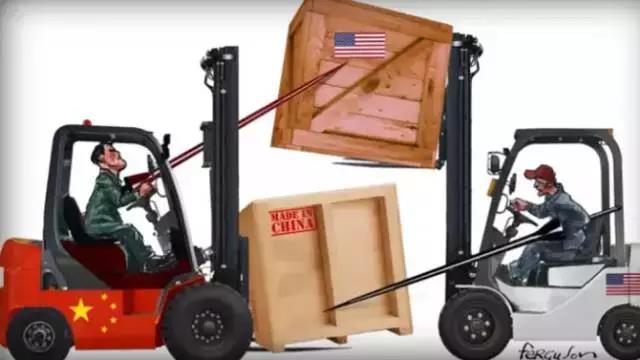
What is DDU? DDU is "Delivered Duty Unpaid" , which means "Delivered Duty Unpaid (named destination) " . This trade term refers to the actual course of work in which the exporter and the importer deliver the goods somewhere in the importing country, in which the exporter must bear all costs and risks of the goods being delivered to the designated place, and the costs and risks of going through customs. However, it should be noted that this does not include customs duties, taxes, or other official expenses incurred in the importation of goods. Importers, however, are required to handle the additional costs and risks associated with not being able to complete the import clearance process in a timely manner. Generally speaking, the details of the expenses involved in DDU are quite miscellaneous. If using this trade term, when the importer confirms the price with the forwarder, he must ask the other party to leave a written statement and seal the bottom, to avoid any late-stage complications. What is DDP? DDP is "Delivered Duty Paid" , which means "delivery after Duty (named destination) " . This means that the exporter delivers the goods to the importer after customs clearance at the destination designated by both parties. Under this trade term, the exporter is required to bear all the risks involved in delivering the goods to the designated destination and to clear customs at the port of destination, paying taxes, fees and other charges. It can be said that under this kind of trade term, the seller must bear the responsibility is the biggest. Caution should be exercised in the use of the term if the seller is unable to obtain an import licence directly or indirectly. What are the differences between DDU AND DDP? The main difference between DDU and DDP lies in the question of who should bear the risks and costs of the goods in the process of customs clearance at the port of destination. If the exporter is able to complete the import declaration, then DDP is an option, and if the exporter is unable or unwilling to go through the import formalities and bear the risks and costs, then Ddu should be used. The above are some basic definitions and the differences between DDU and DDP. In the actual work process, each exporter must choose the suitable trade term according to his own actual work demand, in this way, we can ensure the normal completion of our work. Du and DDP how the cost: FOB value. All local charge (whether positive or negative) at the port of export is the CIF amount, dDU: PLUS PORT OF DESTINATION LOCAL CHARGE IF DDP: PLUS PORT OF DESTINATION TARIFF DAP and DDU DIFFERENCE: Delivered at Place Destination Delivery Condition (plus designated destination) it is a new term of 2010 and DDU is a term of 2000, there is no DDU in 2010. The terms of DAP are as follows: Delivery at destination. This term applies to one or more of any modes of transport. It means delivery to the seller at the disposal of the buyer at the named destination of the goods arriving on the conveyance to be unloaded, the seller shall bear all risks in connection with the delivery of the goods to the named place. It would be desirable for the parties to specify clearly the location within the agreed destination, since the risk of that location lies with the seller. A SELLER'S OBLIGATION: A general obligation that the seller must provide evidence of conformity of the goods in the contract of sale and of the commercial invoice for conformity, as well as any other evidence of conformity that the contract may require. Any document referred to in subparagraphs A1 to A10 shall have the same effect by means of an electronic record or procedure, if the parties so agree or if there is practice. A 2 licenses, authorizations, security clearances and other formalities, where required, must be at the seller's own risk and expense to obtain any export license, permit or other official approval, and go through all the customs formalities necessary for the export of the goods and their transportation through any country before delivery. A) contract of carriage and insurance a) contract of carriage under which the seller must at its own expense conclude a contract of carriage for the carriage of the goods to the named place of destination or, if any, at the agreed place of destination, and if that particular place is not agreed upon or can not be determined in accordance with practice, the seller has the right to choose the agreed port of destination or the place of destination most suitable for its intended purpose. B) the insurance contract, the seller has no obligation to enter into an insurance contract for the purchase of the House. However, the seller must, at the buyer's request and at the buyer's risk and expense (if any) , provide the information the buyer needs to obtain insurance. A 4 for delivery, the seller must place the goods at the named destination (if any) , on the agreed date or within the agreed period, and place the goods at the disposal of the buyer on the arriving means of transport. A 5 risk passes and the seller bears all risks of loss of or damage to the goods until they have been delivered in accordance with item a 4, except for goods in conditions specified in item B 5. A 6 the seller must pay a) all costs relating to the goods, except those incurred in accordance with sub-clause a 3, until the goods have been delivered in accordance with sub-clause a 4, except in the case of sub-clause b 6, which shall be paid by the buyer; b) any landing costs incurred by the seller at the place of destination in accordance with the contract of Carriage; C) all customs charges incurred for the export when customs clearance is required, and all duties, taxes and other charges payable for the export, as well as the costs incurred for the shipment of the goods through any country before delivery in accordance with sub-clause a 4. A7 inform the buyer that the seller must give the buyer any notice required to enable the buyer to take such measures as are normally necessary to take delivery of the goods. A 8 delivery documents the seller must provide at his own expense documents enabling the buyer to take delivery of the goods in the case of a 4/b 4. A9 inspection, packing and marking, the seller must pay for the inspection (such as inspection of quality, measurement, weighing and counting) necessary for the delivery of the goods in accordance with A4, and how the pre-shipment inspection is required by the exporting country. The seller must pack the goods at his own expense unless it is customary for the goods not to be packed. Unless the buyer has notified the seller of the special packing requirements prior to the conclusion of the contract of carriage, the seller may pack the goods in a manner appropriate to the mode of transport, and the packing shall be properly marked. A10 information assistance and related costs, where applicable, the seller shall, at the buyer's request and at the buyer's risk, provide or give to the buyer in a timely manner any documents and information, including security-related information, necessary for the buyer to import the goods and/or deliver them to the final destination. The seller must reimburse the buyer for all costs incurred in obtaining documents and information by the buyer in the case of item B10, provided or assisted by the buyer. Obligations of the buyer general obligations of the buyer to pay for the goods as agreed in the contract. Any document referred to in Subparagraphs B1 to B10 shall have the same effect as an electronic record or proceeding if the parties agree in advance or if there are usages. B 2 license, approval certificate, security clearance and other formalities shall be carried out at the buyer's own risk and expense in order to obtain any import license or other official approval certificate and to complete all customs formalities for the importation of the goods. B 3 contract of carriage and insurance a) contract of carriage in which the buyer has no obligation to the seller to enter into a contract of carriage. B) the insurance contract. The buyer has no obligation to the seller to conclude an insurance contract. The buyer must provide the information required by the seller to obtain the insurance. The buyer must take delivery of the goods when they are delivered in the case of item A4.
B 5 the risk passes and the buyer bears all risks of loss of or damage to the goods from the time they are delivered in the case of item A4. If a) the buyer fails to perform its obligations in accordance with subparagraph b 2, it incurs all risks of loss of or damage to the goods; or B) the buyer fails to give notice in accordance with subparagraph B 7, it incurs all risks of loss of or damage to the goods from the agreed date of delivery or the expiry of the time limit, provided that the goods are clearly identified as those under the contract. B 6 the Division of expenses shall be such that the buyer shall pay a) all expenses incurred in respect of the goods from the time of their delivery in the case of item A4, and B) the means of transport arriving from the named destination is the place of receipt of the goods
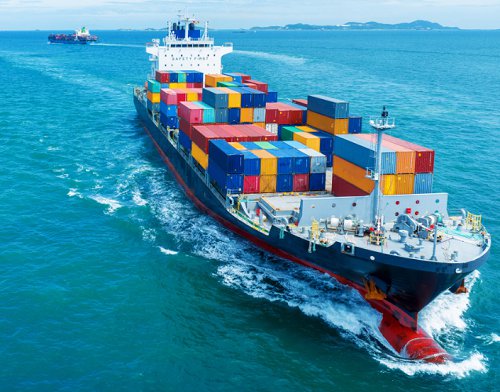
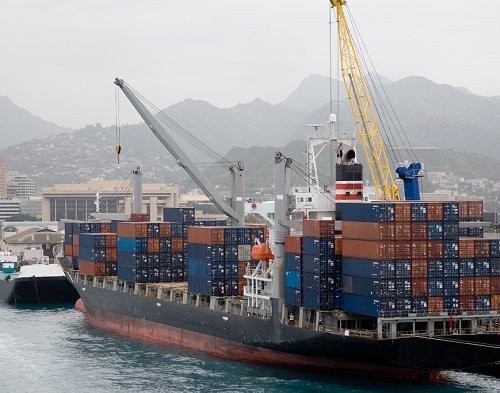
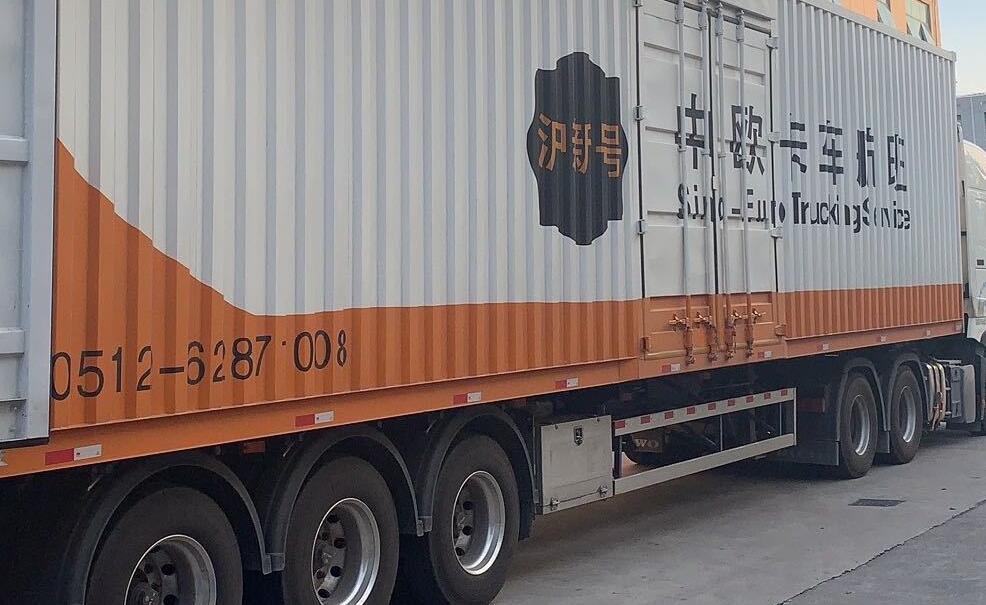
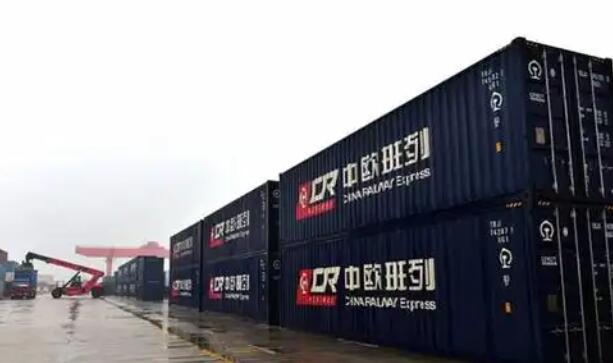





Услуги китайско-русской компании Sasha Logistics Group по международным грузоперевозкам и таможенному оформлению импорта предоставляют вам обновленную информацию о перспективах международной логистики, чтобы вы знали о новостях международной торговли и экспедирования грузов.

2025-12-25

2025-12-25